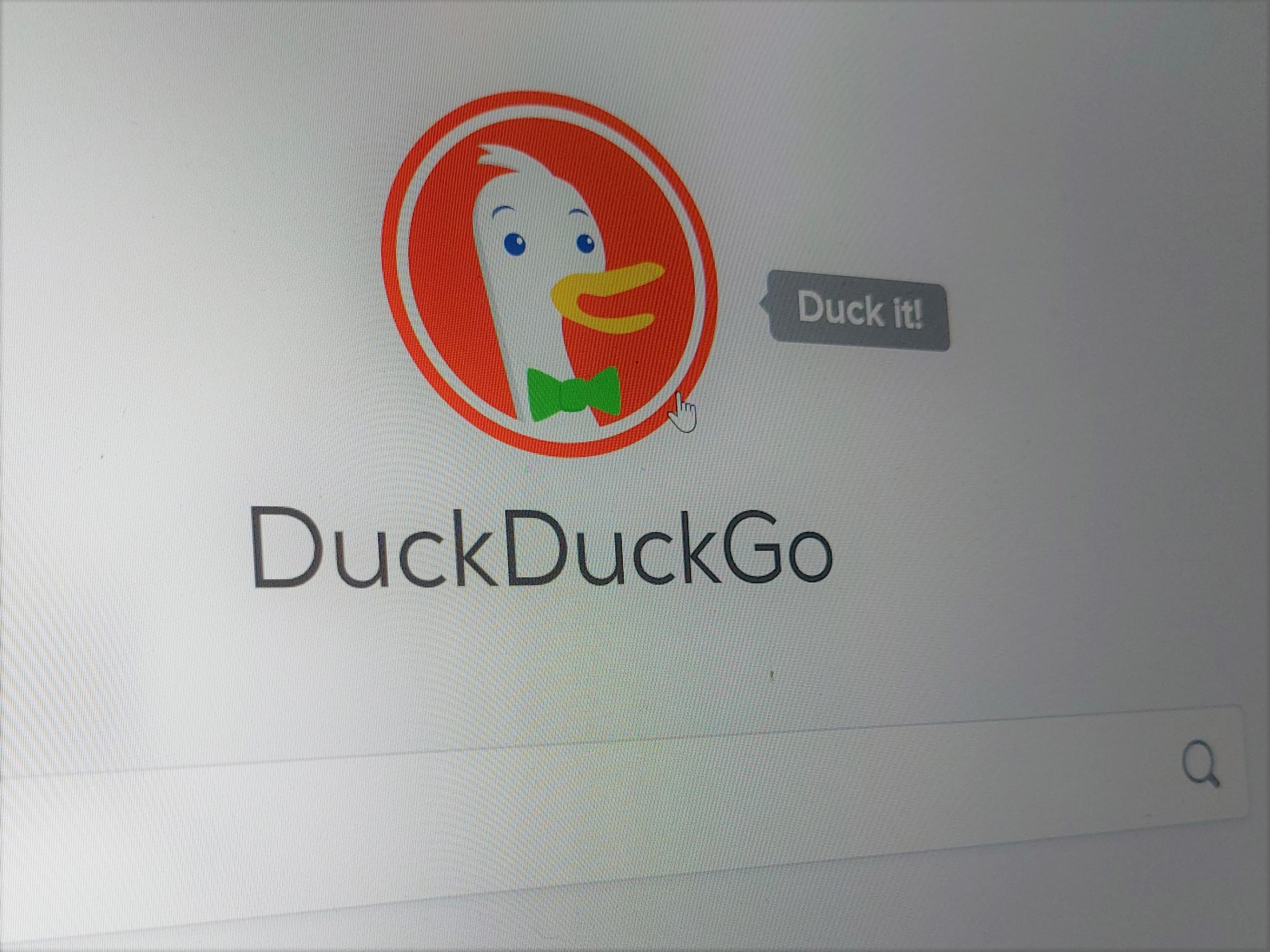Twitter boss Jack Dorsey ditches Google for privacy-focused rival DuckDuckGo
Search engine has seen rapid growth by offering alternative to data-gobbling tech giant

Twitter CEO Jack Dorsey has revealed his preference for using the DuckDuckGo search engine rather than Google.
His endorsement of the privacy-focussed search tool comes amid criticism of Google’s data gathering practices.
“I love DuckDuckGo,” Mr Dorsey tweeted. “My default search engine for a while now. The app is even better!”
DuckDuckGo responded: “That’s great to hear Jack! Happy to have you on the Duck side.”
Unlike Google, DuckDuckGo refuses to profile its users by collecting data on searches. This means it does not serve targeted ads or personalised search results.
DuckDuckGo has experienced significant growth over the last two years but still remains far behind its more established rival in terms of user numbers.
It processes around 1.5 billion searches every month, compared to the 3.5 billion searches Google processes every day, however it does so with a staff of less than 100. By contrast, more than 100,000 people work for Google.
A recent study commissioned by DuckDuckGo found that smartphone users would be far more likely to choose Google alternatives if they were offered a search preference menu when they opened their internet browser.
When given the option of either four search engines or eight search engines, DuckDuckGo was the second most popular choice behind Google. If such options were given to users, DuckDuckGo estimated it would boost its market share by more than 300 per cent.
The two most popular reasons for switching to a new search engine were if it offered better search results, and if it didn’t collect any personal data.
According to the findings, many phone users are unaware that they can switch their default search engine in browsers like Chrome and Firefox on Android devices.
“Those who do attempt to change their Android search defaults face obstacles like hard-to-change homescreen search widgets,” the company said.
“Google’s pervasiveness in search is difficult to dissipate; the company has many levers that exert magnetic forces, pulling people into its search engine.”
Last year, DuckDuckGo revealed underhand tactics Google used to maintain its near-monopolistic position over the global search engine market.
They included buying the domain duck.com and redirecting visitors to Google search.
Join our commenting forum
Join thought-provoking conversations, follow other Independent readers and see their replies
Comments
Bookmark popover
Removed from bookmarks